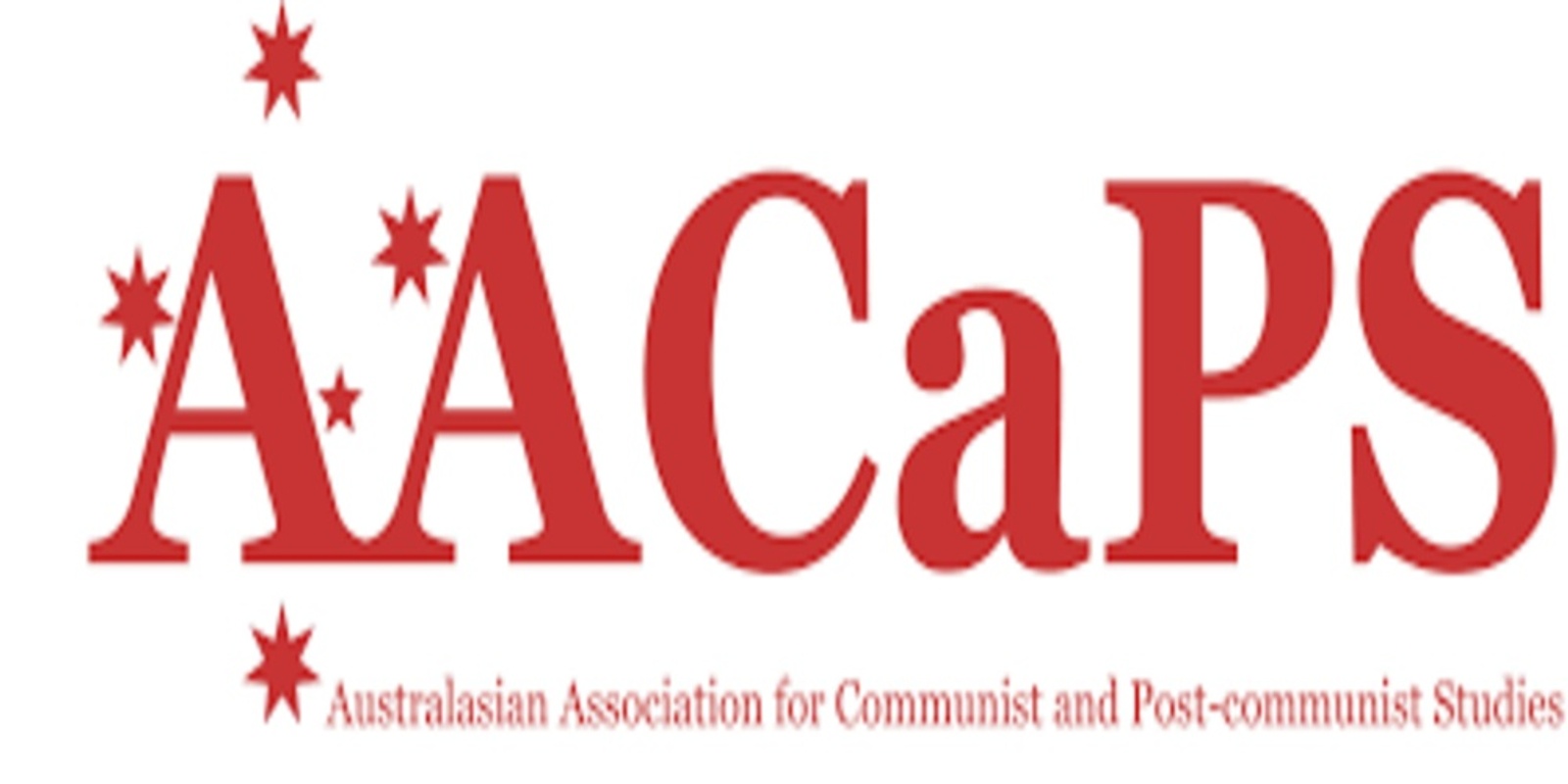AACaPS and ANZSA Conference
Event description
After the collapse of communist rule in the Soviet Union and Central and Eastern Europe in the late 1980s and early 1990s marking the end of the forty-year-long Cold War West-East divisions of Europe and the World, it was largely assumed that the world had entered a new, prosperous era of ideological, political and socio-economic reunification and globalisation. However, more than three decades later the world remains deeply divided.
While some post-communist states, particularly those that were able to anchor their political and economic reform with the process of EU enlargement, have indeed transformed themselves into respectable liberal democracies with functioning market economies, the others have merely replaced the communist dictatorship with another form of authoritarianism. Although they no longer stem from differences over communist ideology, political divisions between the European West and East have not diminished, but only moved further to the East and strengthened in recent years. Putin’s military invasion in Ukraine seems not only to have cemented these divisions for an indefinite period, but to have increased the political confrontation between Russia and Western European states, the USA and NATO to an unprecedented level, which is closer to direct military confrontation and nuclear war than ever was the case during the Cold War.
Further to the east, communist China has also significantly worsened its political relations with Western democracies in recent years, despite extensive trade relations and economic cooperation. The increased assertiveness of Chinese policy in the South China Sea and its continuing support to communist totalitarianism in North Korea and other authoritarian regimes in Asia and the world, including Putin’s Russia, have largely become intolerable for China’s Western partners, regardless of any benefits from mutual economic cooperation.
The conference seeks to address these and other developments, divisions, and alignments among and within the communist, post-communist and other states in Europe and the Asia-Pacific region from various angles and disciplines.
Tickets for good, not greed Humanitix dedicates 100% of profits from booking fees to charity


